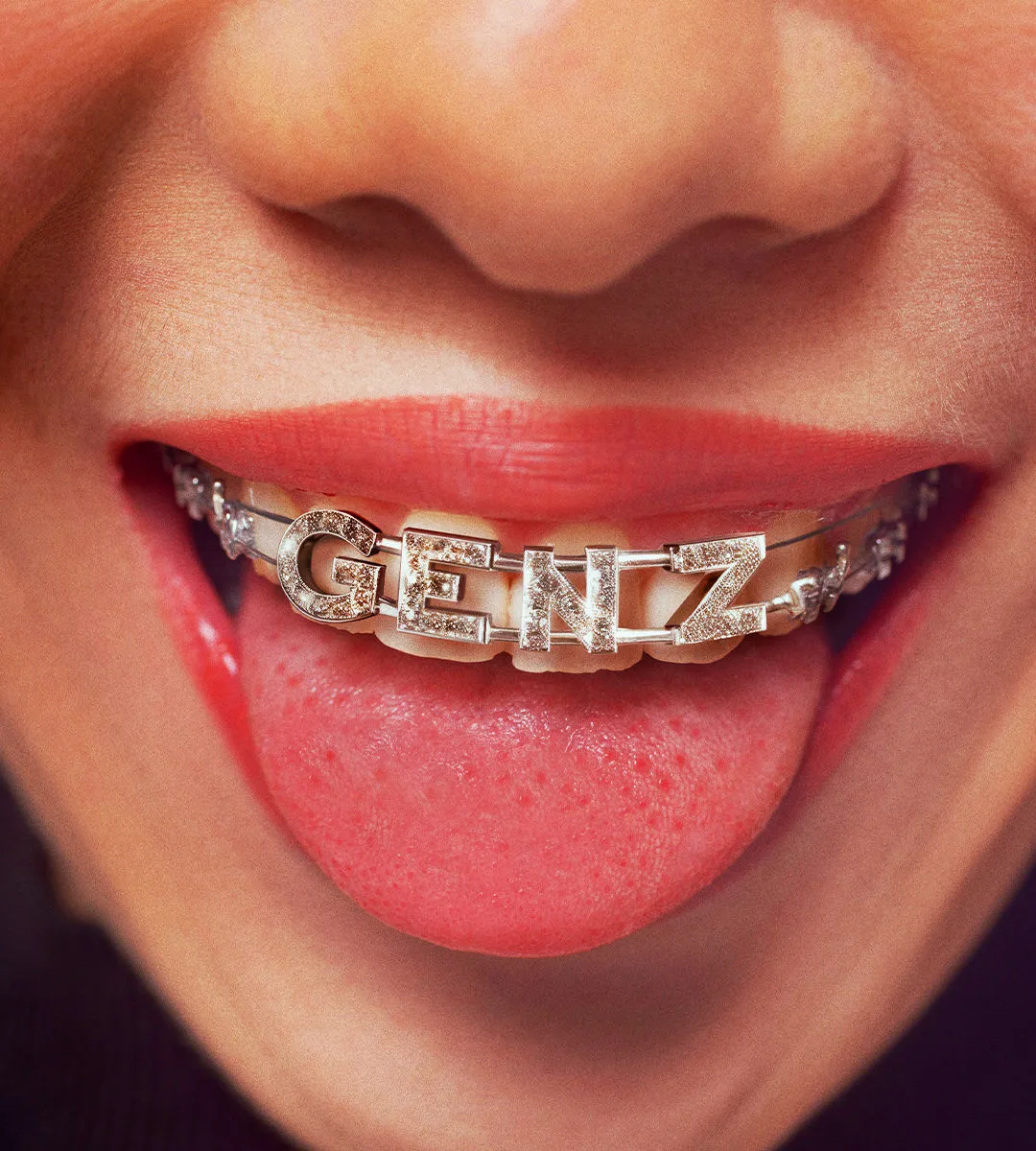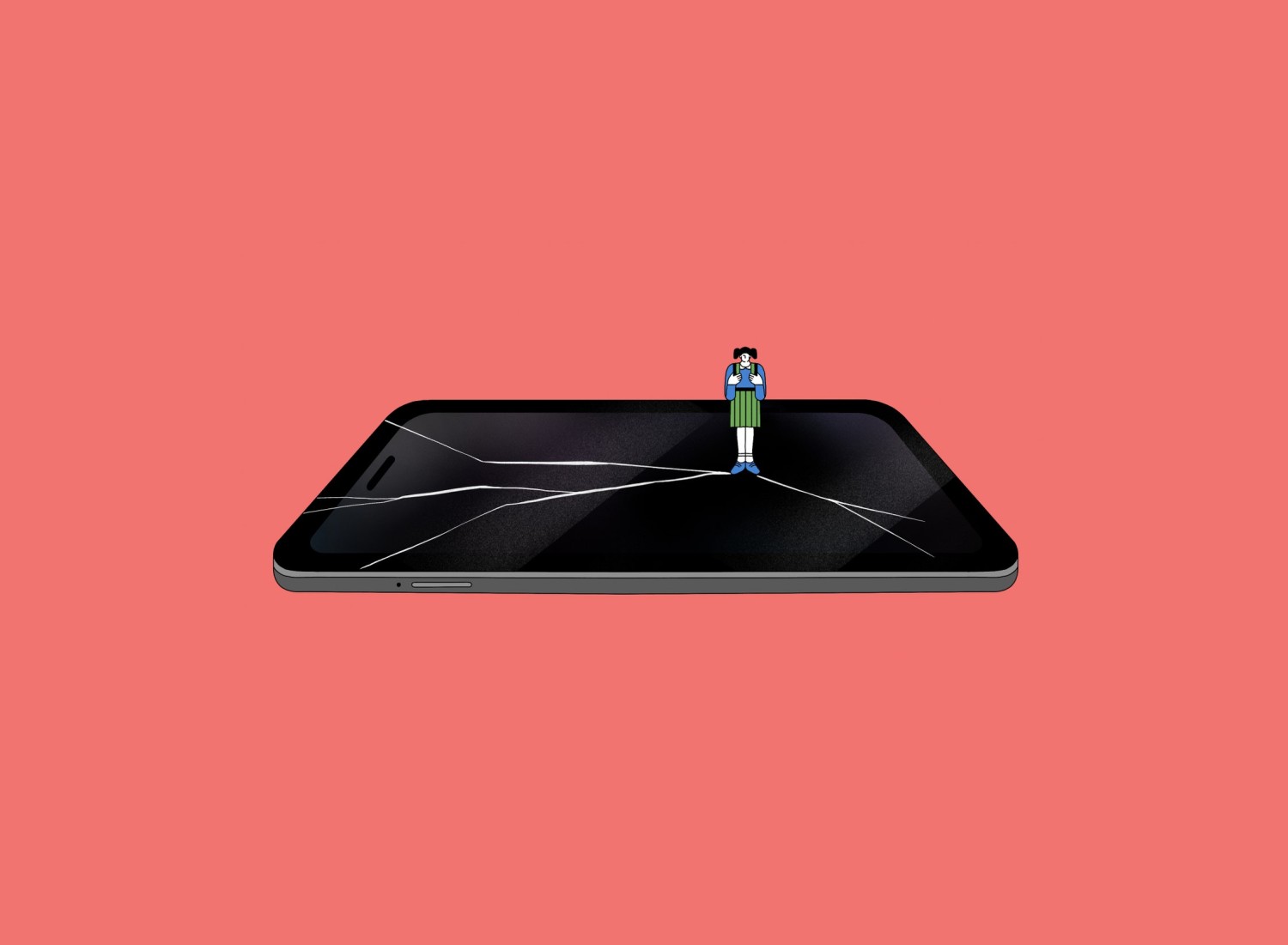This article is more than
1 year oldDo I Really Need to Drink Electrolytes?

Electrolyte beverages are everywhere we look these days. From the sodium-rich LMNT to the TikTok-famous “hangover remedy” Liquid IV, we’ve been bombarded with options that are a step above the sugary sports drinks of our youth. Everyone seems to be drinking them, including endurance athletes, people just wanting to kick a soda habit, and myself. But are they all marketing hype or do they really offer benefits?
According to the National Institute of Health, electrolytes, including sodium, potassium, chloride, magnesium, and calcium, are essential for basic life functioning. When the levels in your body are out of whack, it can disrupt your day-to-day and, in some cases, cause symptoms like headaches, nausea, and fatigue. Luckily, we generally get all of what we need through a balanced diet, but electrolyte-packed beverages aim to deliver a kick of those vital minerals—especially sodium—in one easy-to-drink package.
Most electrolyte drinks are designed for pre- and post- workouts to replenish your body after sweat loss, which can cause dehydration. “When you start pulling fluid out of your cells, you’re losing both fluid and sodium when you sweat,” says board-certified sports dietitian Kala Reister, MS. If you’re only rehydrated with water, this can result in an electrolyte imbalance, which is why Reister regularly recommends these supplements to her athletes: “The rule of thumb that I follow is if [a workout] is hot, hard, or high-intensity. Or if it’s longer than two hours,” she explains. The importance of intensity level is also confirmed by a 2019 study which collected data from athletes during both low and moderate intensity cycling. Researchers found that the total sweat losses of sodium increased by 150 percent as exercise intensity increased.
It doesn’t all come down to how hard your workout is, though. As Reister mentioned, other factors, like your environment, can dictate your need for electrolytes. A 2011 study found that daily water and sodium losses in “active athletes during hot weather exposure can induce water and electrolyte deficits.” Both need to be replaced to return to baseline. The study points out that if there’s no urgency for recovery, you can replace water and electrolytes through your normal eating and drinking. But if you want to recover in less than 24 hours, consuming electrolytes is “encouraged to facilitate recovery.” And while we all know from experience that hot temperatures make you sweat more, Lucy Mower, MS, outpatient clinical registered dietician at University of Utah Health, mentions that even in cold weather or high-altitude environments, you should still be prioritizing hydration because you’re losing fluid through respiration.
So yes, electrolytes can be helpful for many situations, but not all electrolytes are created equal. And while each athlete and person has different needs based on their own physiology, some guidelines exist. “The endurance recommendation that I’ve seen by ACSF is 300 to 600 milligrams [of sodium] per hour,” explains Reister.
While this amount won’t work for everyone, Mower suggests using this as a jumping-off point and then personalizing your approach. Experiment with different brands and sodium content and pay attention to the results, she says. The options abound: LMNT hosts a whopping 1000 milligrams of sodium per serving for long-duration activities, while Liquid IV is more balanced with only 500 milligrams. Both Mower and Keister use lower sodium powders, like Skratch Labs (400 milligrams), and add a pinch of table salt if they need to, like during a hot bike ride or run.
Another way to personalize it is to determine if you’re a salty sweater. “Once your sweat dries, it crystallizes on your skin,” says Mower. “That is literally sodium.” This phenomenon is more obvious in dry climates, because the water evaporates and leaves sweat behind, but it doesn’t mean you’re not sweating out as much sodium in humid environments, too. “If you can feel it and taste it, you should probably have the higher end of the sodium recommendation,” explains Reister.
But still: What about for non-athletes? And are electrolytes okay for everyday use? Mower says that they can be—within reason. Even if you haven’t put in a tough workout, sometimes your body just doesn’t feel right. In this case, “it might be due to electrolyte imbalances,” she says. “One telltale of that is if someone is doing a really good job hydrating and fueling, but they still feel off.” Reister mentions that even if you’re not losing a significant amount of sodium, like during dehydration from a hangover, sodium can still help with the absorption process to rehydrate you more quickly. (That being said, neither dietitian would want to see you chugging three packets a day.)
It’s also important to note that a few populations may want to be careful before taking electrolytes: Anyone that needs to limit their sodium intake, like those with hypertension, congestive heart failure, and chronic kidney disease, says Mower. Always consult with your doctor if you are uncertain.
For everybody else, the general consensus among Mower and Reister is that there are very few risks to taking electrolytes every day. (In some cases, excess sodium can upset the stomach.) So if you’re reaching for a Liquid IV instead of, say, a soda, you’re without a doubt making a better choice for your overall health. “[Electrolyte drinks] are not empty calories,” explains Mower. “They do have minerals that your body needs.”
And when it comes down to it, Mower is often “fighting tooth and nail to get people to drink water,” she says. So if electrolytes are making hydration a little more enjoyable, we’re all for them.
More Great Wellness Stories From GQ
-
Introducing The 2023 GQ Grooming Awards
-
Is the Secret to a Longer Life Already Available at Your Local Pharmacy?
-
The Best Skin Care Routine for Men (Even for Beginners)
-
Is Cardio Fitness or Muscular Strength More Important for Longevity?
-
This Is Why You're Going Gray, According to a Hair Expert
-
Not a subscriber? Join GQ to receive full access to GQ.com.
Keywords

21/04/2024

31/03/2024

28/03/2024
Newer articles
<p>Chinese officials say they "firmly oppose" the platform being divested.</p>
Ukraine ‘will have a chance at victory’ with new US aid, Zelenskyy says
Congress passes bill that could ban TikTok after years of false starts
Ukraine war: Kyiv uses longer-range US missiles for first time
How soon could US ban TikTok after Congress approved bill?
TikTok faces US ban as bill set to be signed by Biden
‘LOSING CREDIBILITY’: Judge explodes at Trump lawyers as case heats up
Claim rapper ‘made staff watch her have sex’
KANYE WEST PLANS TO LAUNCH 'YEEZY PORN' ... Could Be Coming Soon!!!
Trump lawyer tells SCOTUS that president could have immunity after ordering military to assassinate a political rival

